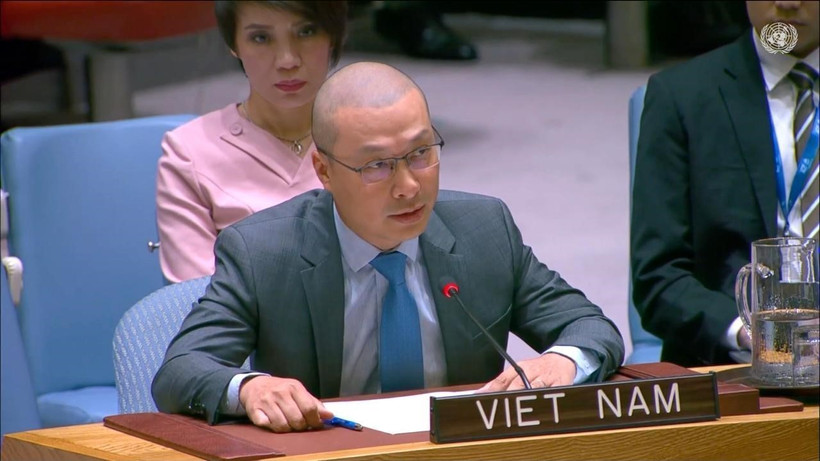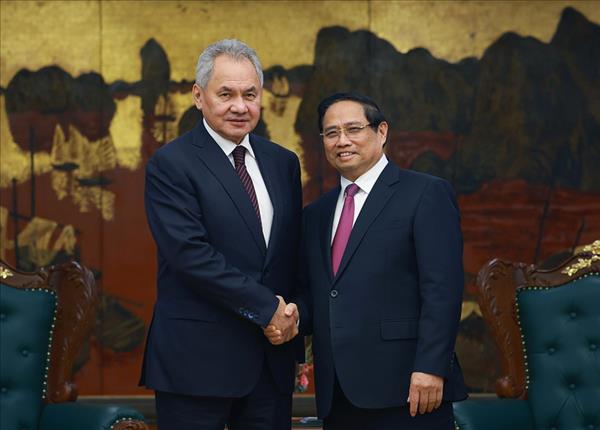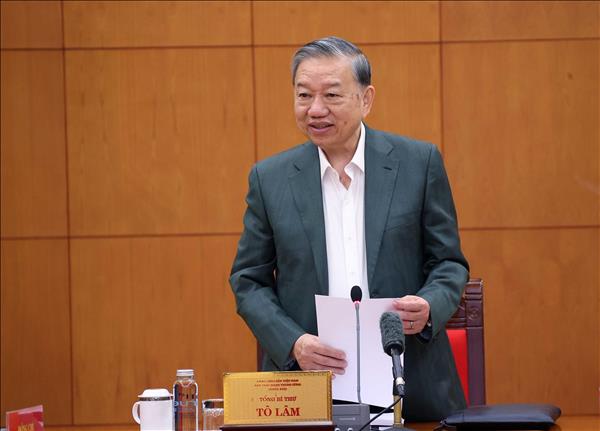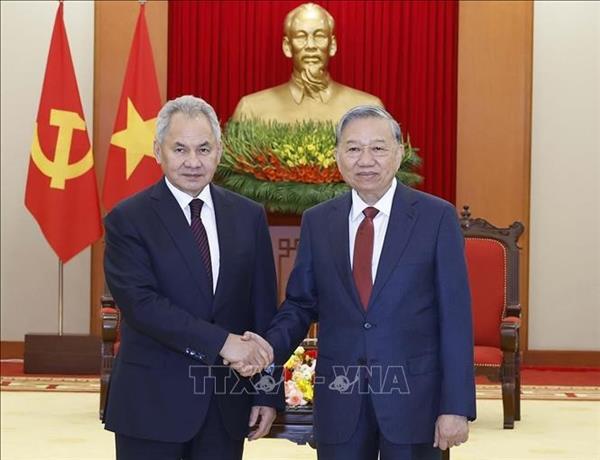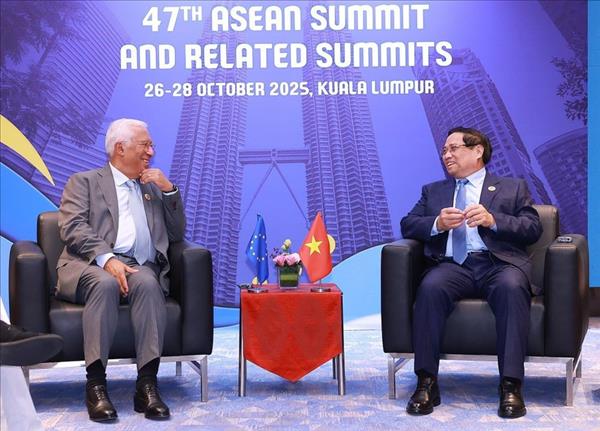Vietnam has called on nations to respect and fully implement international law, particularly the UN Charter and the 1982 UN Convention on the Law of the Sea (UNCLOS), while respecting the sovereignty, sovereign rights, and jurisdiction of other countries and avoiding unilateral actions that could escalate tensions at sea.
At a high-level open debate titled “Maritime Security: Prevention, Innovation, and International Cooperation to Address Emerging Challenges” recently held by the UN Security Council, Minister Counsellor Nguyen Hoang Nguyen, Deputy Permanent Representative of Vietnam to the UN, affirmed that the UNCLOS, together with international legal instruments on maritime affairs, environment, and crime prevention at sea, has established a comprehensive legal framework for ocean governance and settlement of maritime security challenges.
He praised the contributions of UN bodies and specialised agencies like the International Maritime Organisation (IMO), the UN Office on Drugs and Crime, the Food and Agriculture Organisation, and the UN Environment Programme in fostering international cooperation. The diplomat called for enhanced coordination between global and regional frameworks to optimise resources and improve effectiveness in addressing urgent maritime security issues.
As a coastal nation with strategic and economic interests closely tied to peace and security in the East Sea, Vietnam affirmed its consistent position of resolving all disputes via peaceful means in accordance with international laws, including the UNCLOS.
Over the recent past, Vietnam has promoted cooperation with competent partners, particularly through ASEAN-led mechanisms, to ensure maritime security by maintaining joint patrols, sharing information, as well as promoting coordination in law enforcement, search and rescue operations, and emergency response with regional peers.
Vietnam pledges to continue joining hands with other ASEAN member states and China to negotiate an effective and substantive Code of Conduct in the East Sea (COC) that complies with international law, he underscored.
At the event, which brought together representatives from nearly 100 UN member states and relevant international agencies and organisations, the Secretary General of the IMO and the Secretary General of Interpol emphasised that maritime safety and security are crucial factors for global economic stability, prosperity, and sustainable development. They highlighted the complicated nature of maritime security challenges, ranging from traditional crimes like piracy, smuggling, human trafficking, and illegal fishing to sophisticated cybercrime targeting port system, underwater infrastructure, alongside emerging threats from maritime pollution, natural disasters, and climate change consequences.
Representatives from numerous countries advocated for preventive approaches, calling for enhanced information sharing and coordinated cybersecurity governance in the maritime sector. They recommended nations to implement all provisions of international law regarding maritime safety and security, and protection of marine environment./.

